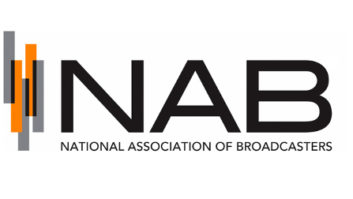NAB is calling on the FCC to rethink the agency’s proposal to close more than half of its field offices and reduce its field enforcement bureau staff by nearly two-thirds as it grapples with ways to save money.
Before he joined NAB last summer as VP of Spectrum Policy Bob Weller was the commission’s chief of Technical Analysis and worked in the agency’s field offices. He believes the proposal would leave the agency “inadequately prepared” to handle spectrum disputes.
Under the proposal, the number of field offices would drop from 16 to eight, we’ve reported.
Many of the field offices operate with a “skeleton crew” now after a downsizing in 1995, when the commission closed more than a dozen field offices and the agency automated its station monitoring operations, according to Weller. That’s also when some of the remaining offices became staffed with only one or two people.
FCC Chairman Tom Wheeler told Congress recently the Enforcement Bureau would still be effective, relying on specialized “Tiger” teams to fly-in and help where needed with equipment staged at or near major population areas. However, Weller blogs that even if the plan includes more training for remaining bureau staff and improved technology, that’s not enough. “People take leave, training takes time, on-scene investigations mean in-office paperwork. So, the actual number of field agents available for assignment on a typical day might be half the total, or 16. Sixteen pairs of boots on the ground, doing field investigations for the FCC for the entire country,” says Weller.
Back when the FCC was established in 1935, there were about 50,000 commission-licensed stations, including two-way, broadcast and marine. “Unlicensed devices, such as Wi-Fi, microwave ovens and garage door openers did not exist. Today, there are hundreds of thousands of licensed stations and hundreds of millions of unlicensed devices.”
The problems with the FCC’s spectrum enforcement plan will only be compounded by its intention to promote additional spectrum sharing, NAB believes, with Weller noting that “a robust mechanism for enforcement is critical to ensure that devices operate only on the frequencies they are authorized.”
FCC field staff are uniquely qualified with training, equipment and the authority to locate and shut down interference to broadcast and public safety communications, something state and local law enforcement are sometimes reluctant to do because of a lack of expertise, notes Weller.
“Perhaps it took the proposal itself to help the agency realize just how valuable those who use radio frequencies believe the field offices to be.”












